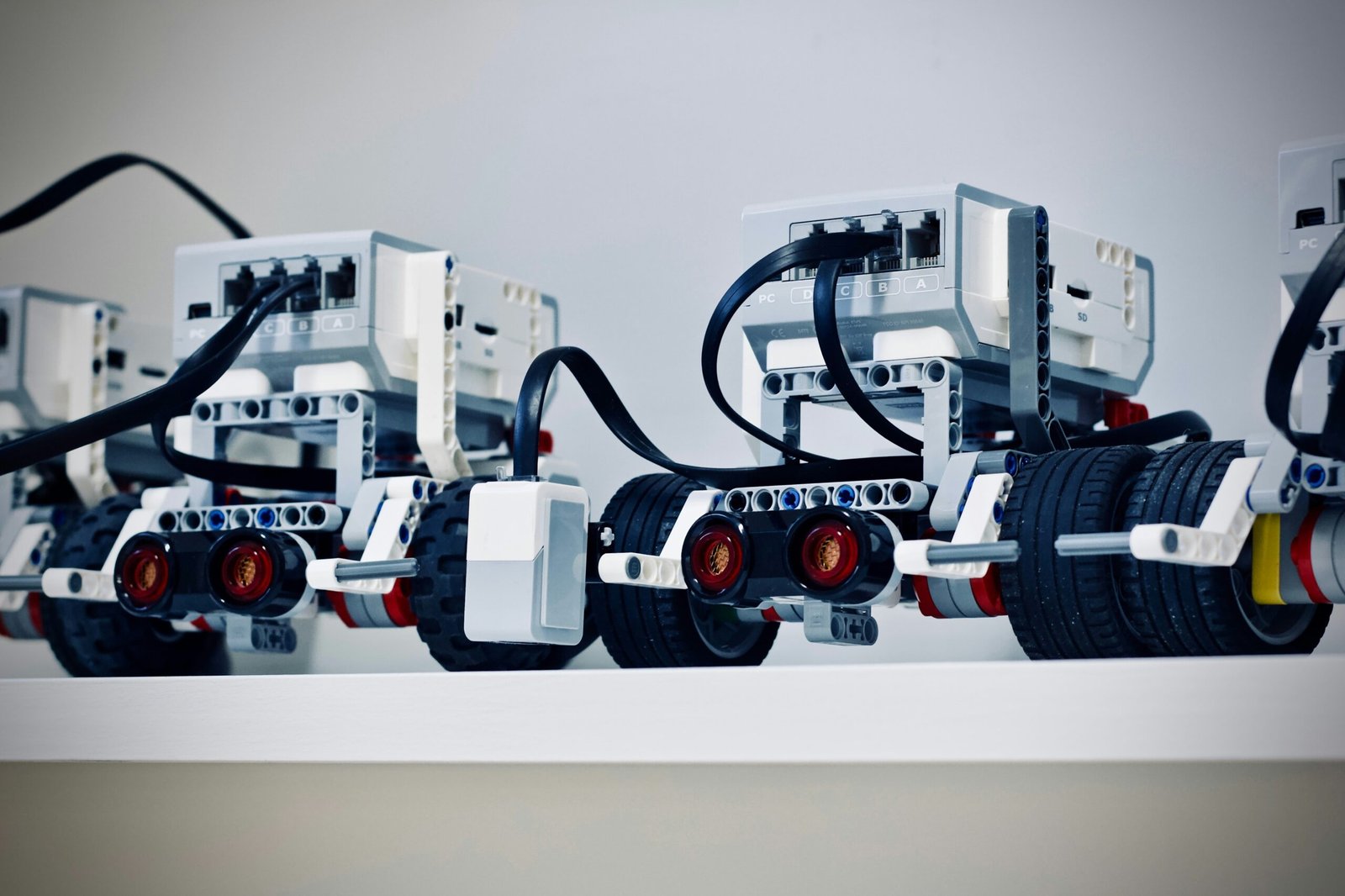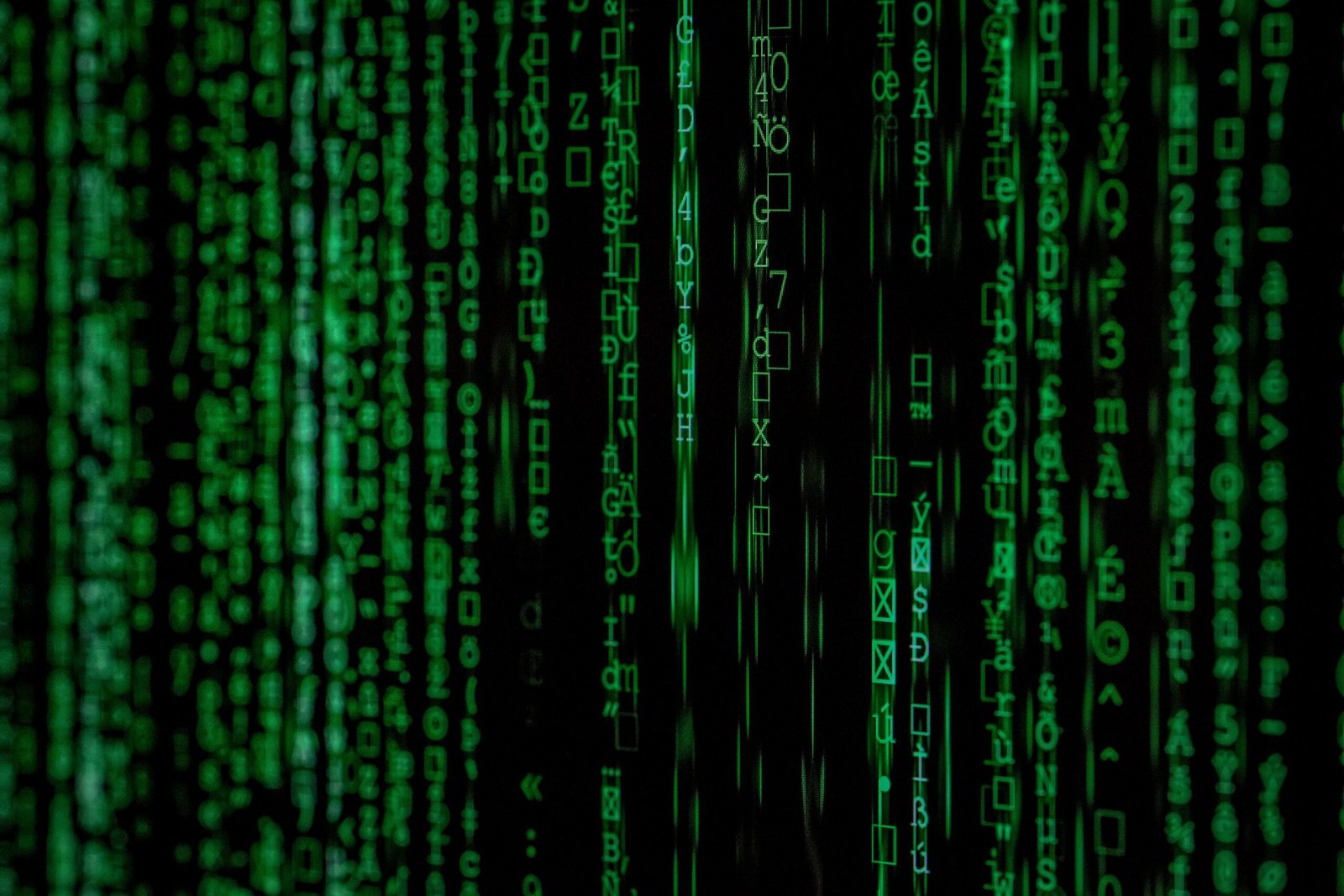

One of the most groundbreaking inventions in the digital realm is artificial intelligence (AI). AI refers to the development of computer systems that can perform tasks that typically require human intelligence. This technology has the potential to revolutionize industries such as healthcare, finance, and transportation.
For example, in the healthcare industry, AI-powered systems can analyze vast amounts of patient data to identify patterns and make predictions. This can help doctors in diagnosing diseases, creating personalized treatment plans, and even predicting patient outcomes. AI can also assist in drug discovery by analyzing large datasets and identifying potential drug candidates.
In the finance industry, AI algorithms can analyze market trends and make predictions, helping investors make informed decisions. AI-powered chatbots are also being used by banks and financial institutions to provide customer support and answer queries.
Another exciting invention in the digital realm is virtual reality (VR). VR technology creates a simulated environment that users can interact with using special equipment, such as headsets and controllers. This technology has applications in gaming, entertainment, education, and even therapy.
In the gaming industry, VR allows players to immerse themselves in virtual worlds and interact with their surroundings. This creates a more immersive and realistic gaming experience. VR is also being used in education to create virtual classrooms and simulations, allowing students to explore concepts in a hands-on and engaging way.
Furthermore, VR has shown promise in therapy and rehabilitation. For example, VR can be used to create simulated environments for patients with phobias or anxiety disorders, allowing them to confront their fears in a controlled and safe environment. VR can also be used for physical rehabilitation by creating virtual environments that simulate real-world movements and activities.
Aside from AI and VR, there are many other emerging inventions that are shaping the digital realm. These include blockchain technology, Internet of Things (IoT), 3D printing, and augmented reality (AR). Each of these inventions has the potential to transform industries and revolutionize the way we live and work.
Overall, the digital realm is constantly evolving, driven by groundbreaking inventions and technological advancements. As these technologies continue to develop, they will undoubtedly shape the future and open up new possibilities for innovation and growth.
Another area where AI is making a significant impact is in the field of finance. Financial institutions are using AI algorithms to analyze vast amounts of data and make predictions about market trends. This allows them to make more informed investment decisions and maximize their profits.
AI is also being used in the entertainment industry to create more immersive experiences for audiences. Virtual reality (VR) and augmented reality (AR) technologies are being enhanced with AI algorithms to provide users with realistic and interactive simulations. This has revolutionized gaming, allowing players to enter virtual worlds and interact with characters and objects in ways that were previously unimaginable.
In addition to these practical applications, AI is also being explored in the field of scientific research. AI algorithms are being used to analyze complex scientific data and make new discoveries. For example, researchers are using AI to analyze astronomical data and identify new celestial objects. This has led to the discovery of new planets and galaxies that were previously unknown.
Furthermore, AI is being used in the field of transportation to improve efficiency and safety. Self-driving cars, powered by AI algorithms, are being developed to reduce accidents and congestion on the roads. These vehicles use sensors and cameras to navigate and make decisions in real-time, making transportation safer and more convenient.
Overall, AI has the potential to revolutionize various industries and improve our daily lives. From healthcare to finance, entertainment to scientific research, AI is transforming the way we live and work. As technology continues to advance, we can expect even more exciting developments in the field of AI and its applications.
2. Internet of Things (IoT)
The Internet of Things, or IoT, refers to the network of physical devices, vehicles, appliances, and other objects embedded with sensors, software, and connectivity that enables them to connect and exchange data. This network allows for seamless communication and automation between devices, making our lives more convenient and efficient.
IoT devices are becoming increasingly prevalent in our homes. Smart thermostats, for example, can learn our temperature preferences and adjust accordingly, saving energy and reducing costs. Connected security systems allow us to monitor our homes remotely and receive real-time alerts in case of any suspicious activity.
Outside of the home, IoT has numerous applications in industries such as agriculture, transportation, and healthcare. For example, farmers can use IoT sensors to monitor soil moisture levels and automatically water their crops. In healthcare, IoT devices can track patients’ vital signs and send alerts to healthcare providers in case of any abnormalities.
In the transportation industry, IoT technology enables real-time tracking of vehicles, optimizing routes and reducing fuel consumption. Connected cars can communicate with each other and with traffic infrastructure, improving road safety and reducing congestion.
Moreover, IoT has revolutionized the healthcare sector by enabling remote patient monitoring and telemedicine. Patients can now wear smart devices that continuously monitor their health parameters, such as heart rate and blood pressure, and transmit the data to healthcare professionals in real-time. This allows for early detection of health issues and timely intervention, ultimately improving patient outcomes and reducing healthcare costs.
Furthermore, IoT has found its way into the manufacturing industry, where it is known as the Industrial Internet of Things (IIoT). By connecting machines, sensors, and systems in factories, IIoT enables real-time monitoring, predictive maintenance, and increased operational efficiency. This technology has the potential to revolutionize manufacturing processes, making them more streamlined and cost-effective.
Overall, the Internet of Things has the potential to transform various aspects of our lives, from our homes to industries. With its ability to connect and automate devices, IoT is paving the way for a more connected and efficient future.
In the healthcare industry, blockchain technology has the potential to improve data security and interoperability. By using blockchain, patient records can be securely stored and accessed by authorized healthcare providers, ensuring that sensitive information is protected from unauthorized access. Additionally, blockchain can facilitate the sharing of medical data between different healthcare providers, improving the coordination of care and reducing medical errors.
Furthermore, blockchain technology can also be applied to the field of intellectual property. With blockchain, artists and creators can securely register their work, proving ownership and protecting against copyright infringement. This can revolutionize the way intellectual property rights are managed, providing a more efficient and transparent system.
Another area where blockchain technology shows promise is in the voting system. By utilizing blockchain, the voting process can become more secure and transparent, reducing the risk of fraud and ensuring the integrity of the results. Each vote can be securely recorded on the blockchain, making it impossible to alter or manipulate the data.
Overall, blockchain technology has the potential to transform various industries by providing transparency, security, and efficiency. Its decentralized nature and immutability make it an ideal solution for industries that require trust and accountability. As the technology continues to evolve, it will be interesting to see how it is further adopted and integrated into different sectors.
RELATED POSTS
View all

